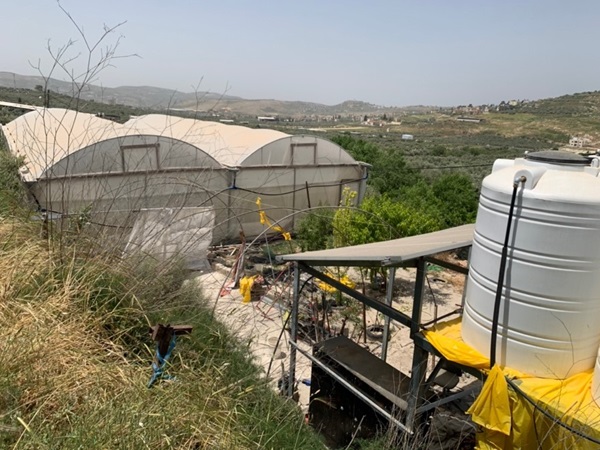
From Air Pollution to Sustainable Farming
By Abdelhaleem Khader, 2021-2022 IIE Rodman A. Rockefeller Centennial Fellow
I am originally from a small village in a rural area north of the West Bank, Palestine. I spent most of my childhood and adolescent years hiking the hills around my village, mostly with my friends. We even had a “perfect” spot to study for the finals under an ancient olive tree on top of the hill overlooking the entire village. During these years, a love for nature became an essential part of my identity.
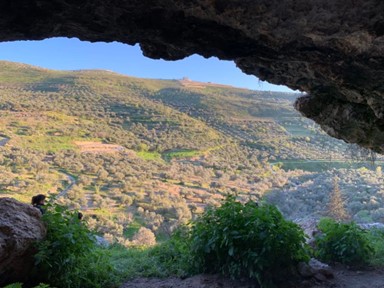
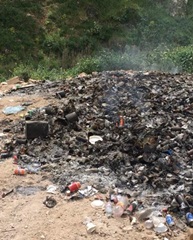
As my interest in nature grew with me, as did my awareness of the environmental problems endangering the nature around my village. The scenes of ugly open dumps, the littered streets, the overfilled septic tanks, the burned garbage cans, and many other issues saddened my heart. These problems have motivated me to peruse my higher education in this field and I eventually obtained a PhD degree in civil and environmental engineering. I am now an associate professor in environmental engineering in the largest university in the West Bank.
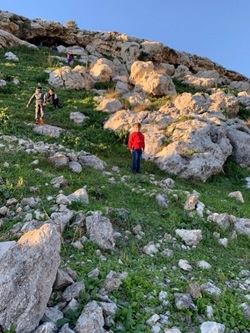
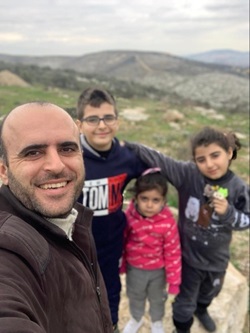
I have a dream that my kids will always have the chance to roam these hills without pollution.
In addition to my platform as an educator and researcher at the university, I sought international collaboration to enhance my knowledge and to bring more attention to the local environmental issues. Hence, I applied for the Fulbright Fellowship to be a visiting scholar at Utah State University working with Dr. Randy Martin on air quality research. I also invited Dr. Martin to Palestine through his Fulbright Fellowship.
My fellowship helped me gain new skills to conduct research, and valuable field-specific knowledge. I was exposed to new ideas and concepts in the field of air quality, and now I have a deeper understanding of this area. It also widened my research network. The fruit of this was publishing two journal articles and starting the work on many more. In addition, my fellowship helped me learn new teaching methods and improved my lecturing skills.
Personally, My Fulbright Fellowship increased my self-confidence, interpersonal, intercultural, leadership, and communication skills. It also helped me increase both my acceptance of other cultures and my appreciation of my own culture. The Fulbright program was a transformative experience both, professionally and personally.
During my Fulbright visit, I volunteered as a teacher in engineering camps targeting high school students. In this picture, we were testing emissions from a car tailpipe.
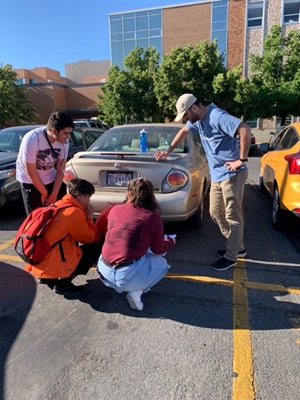
While working on air quality issues inspired by my Fulbright experience, I kept thinking about other local environmental issues. One of these issues is how current agricultural practices are causing serious damage to the soil and depleting precious resources. Sustainable farming can be considered as a natural response to many of these problems, in addition as a way to help small farmers to gain financial independence by producing high quality and healthy farming products in high demand in the local market. To tackle this issue, I applied for the IIE Centennial Fellowship, and my project was accepted. The main objective of the project is to promote sustainable farming in marginalized communities in rural areas of the Palestinian Territories to protect the environment and preserve natural resources.
